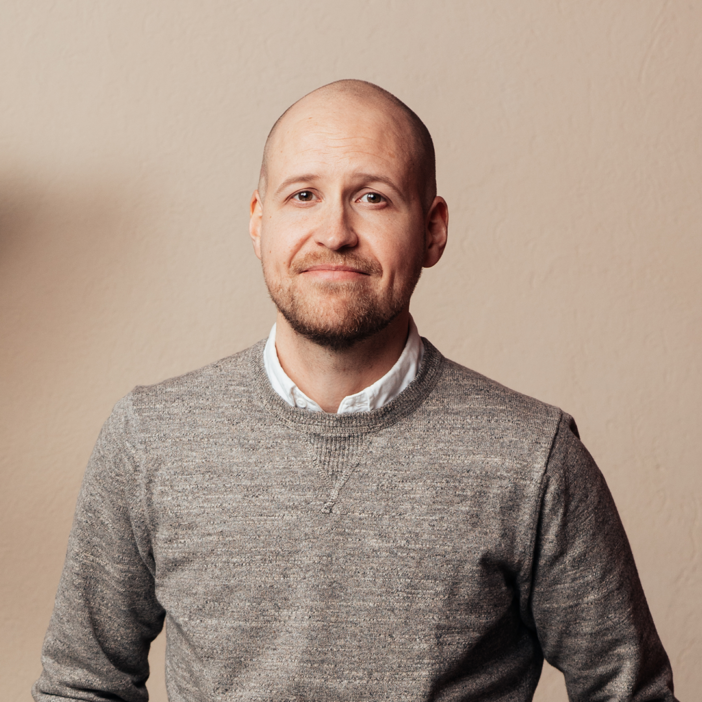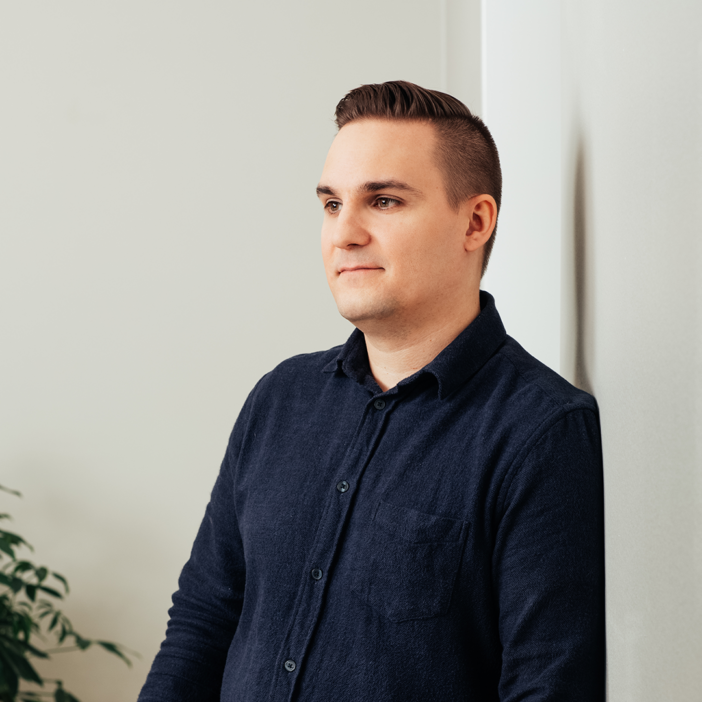
Futures thinking in companies
Futures thinking is the ability to understand what is happening around us – how different megatrends, silent signals and industry trends affect us now and in the future.
At its best, futures thinking is a systematic part of an organisation’s operations. It requires a curious mind, observing signals from different sources and combining them even surprisingly to create an overall picture and different scenarios, as well as to develop operating models that react to them.
We help your company develop futures thinking
Whether you have already started or are about to start working for the future, we will help you lead the work and implement it throughout the organization.
- We train your management and organisation
- We inspire and create different scenarios with you
- We facilitate concrete solution proposals from your team
- We will work with you to create a future strategy for your company
At its best, futures thinking is a continuous, systematic process that creates a basis for various changing scenarios. It brings certainty in the midst of uncertainty – we can already foresee alternative futures happening, and we won’t be surprised “with our pants down”.
Futures thinking moves the strategic perspective beyond a few years – it brings foresight to companies’ strategies, creating several alternative development paths. The company’s vision is reflected through political, economic, social, technological, ecological and legislative developments. Challenging previous assumptions about the direction in which one’s own business is developing.
Futures thinking is also an important part of innovation and a good basis for customer-oriented operating methods. It adds agility and resilience to change to the company culture.
The key is understanding that the future doesn’t just happen to us, but we can influence it. The future is also formed through our own choices, actions and experiments.
“One of the most inspiring two-hour sessions during the coronavirus period. It is precisely these kinds of conversations that have been missed in ❤ everyday office life.”
“Thank you, for a hugely interesting and really important brain exercise to open channels for other innovations in our work.”
“It’s nice to hear other people’s thoughts as well, because sometimes you feel like you’re too much in ‘your’ scene and can’t notice other signals.”
The aim is to find scenarios that are favourable to the company’s operations and develop step-by-step operating models to strengthen them – at the same time, it is also possible to identify unfavourable scenarios, the realisation of which is critical to prevent at an early stage.
Our experts on futures thinking:

